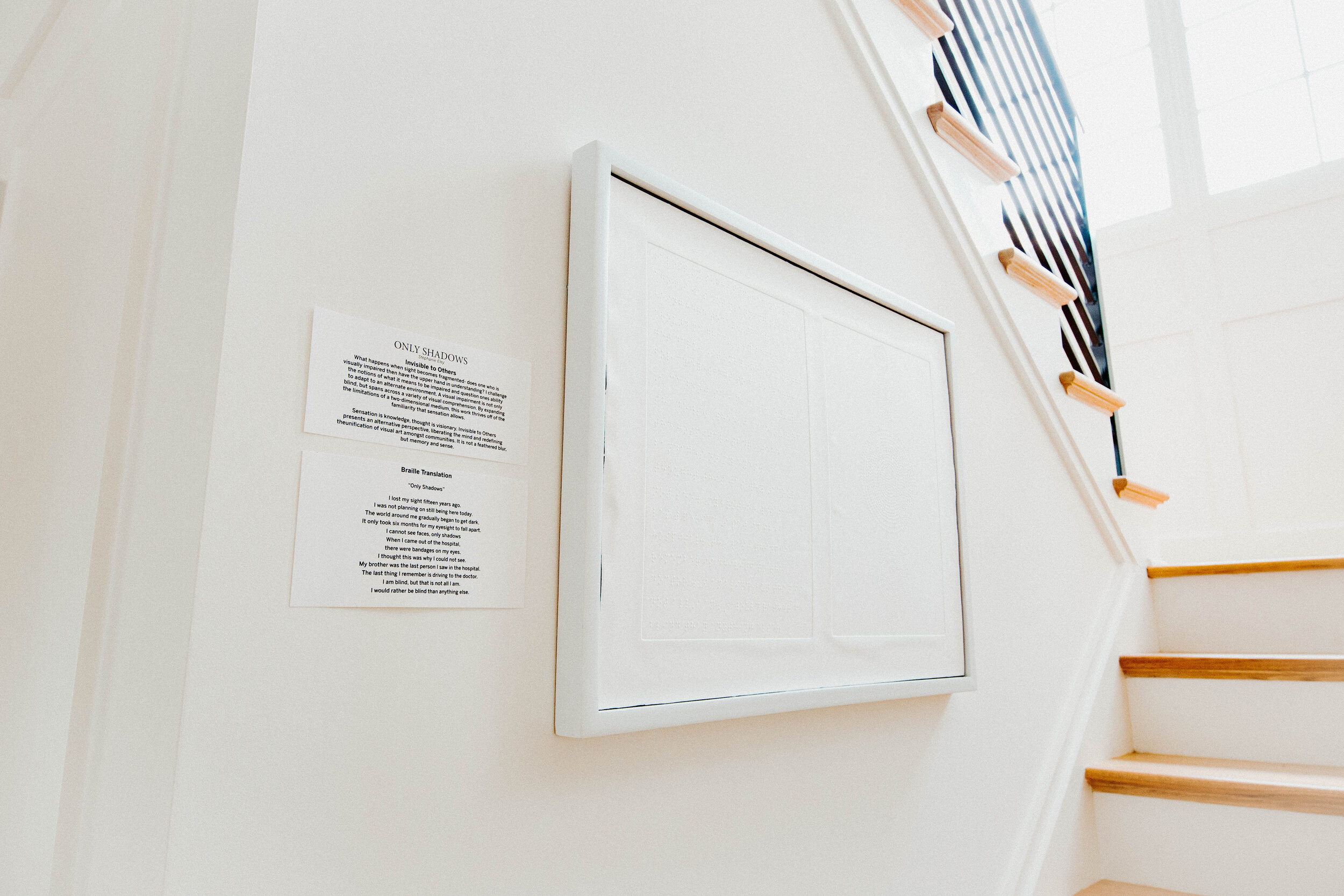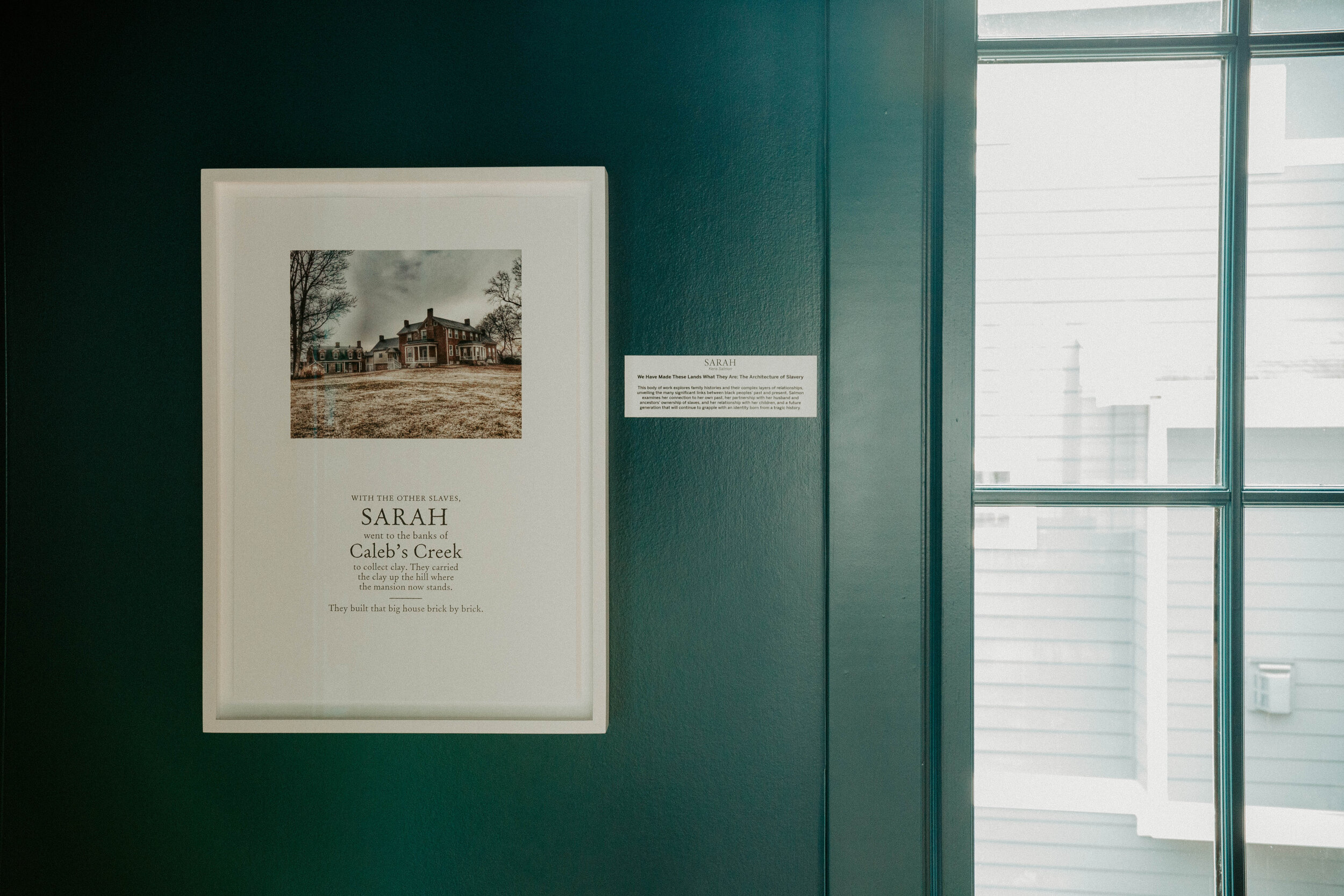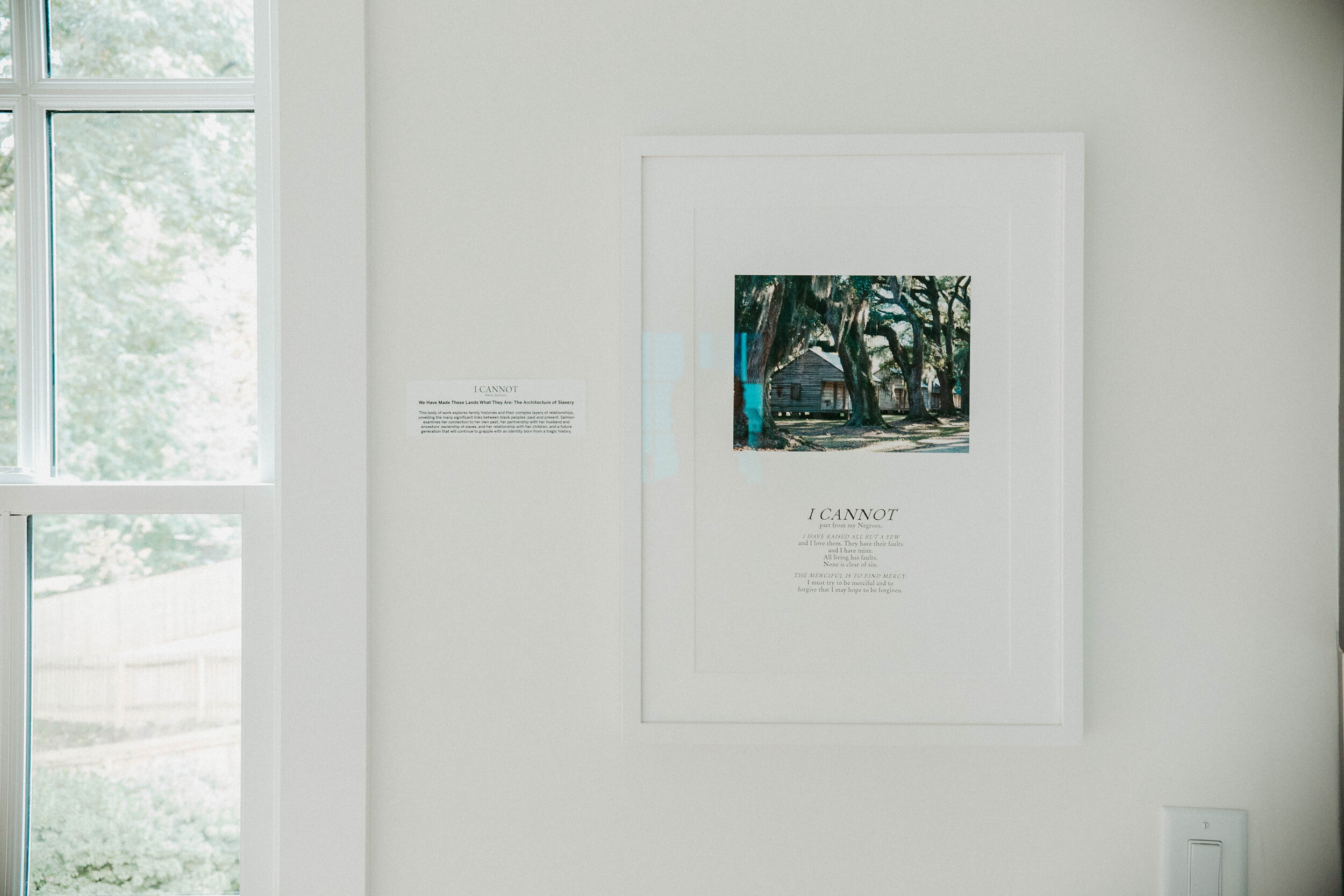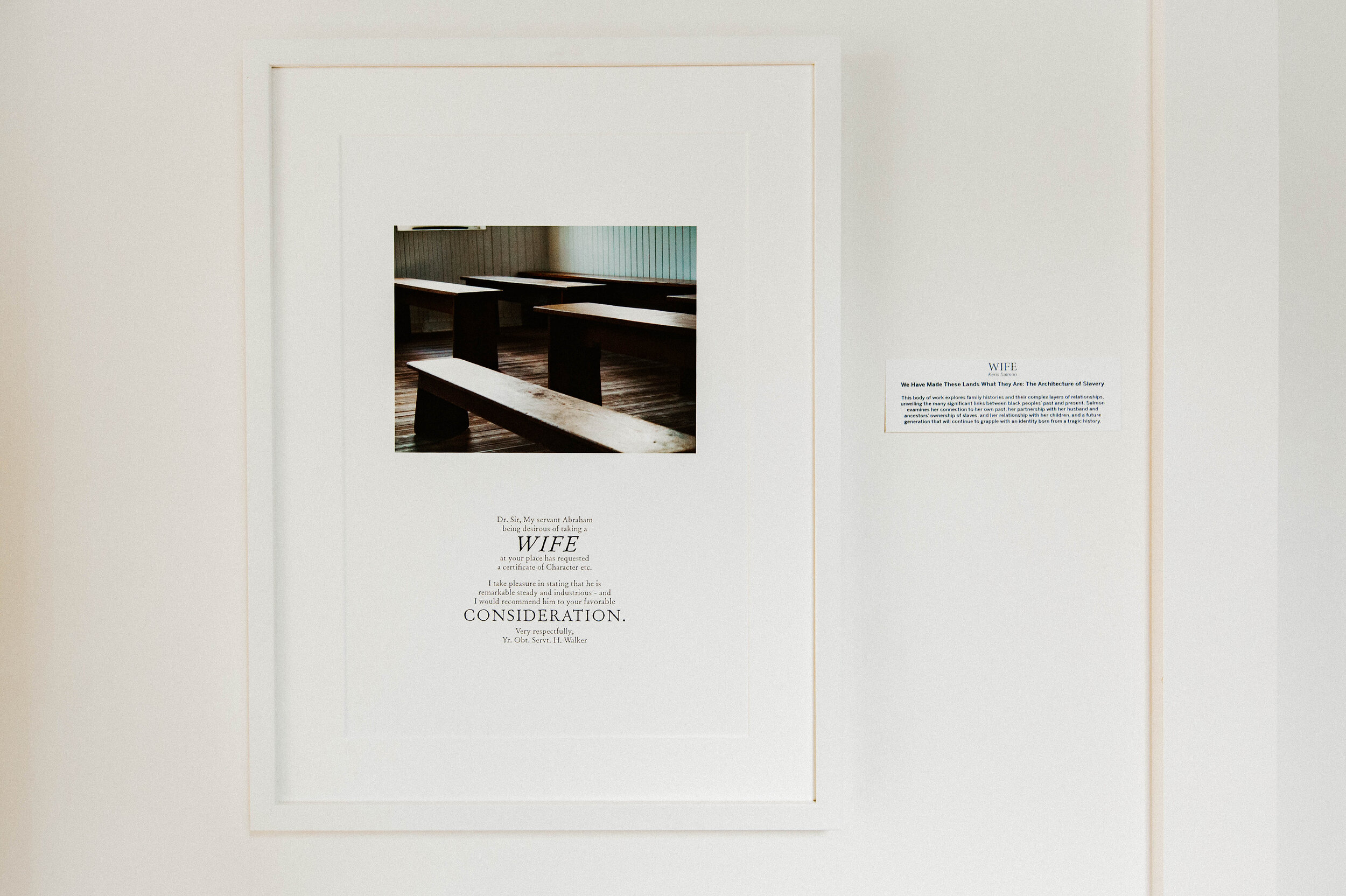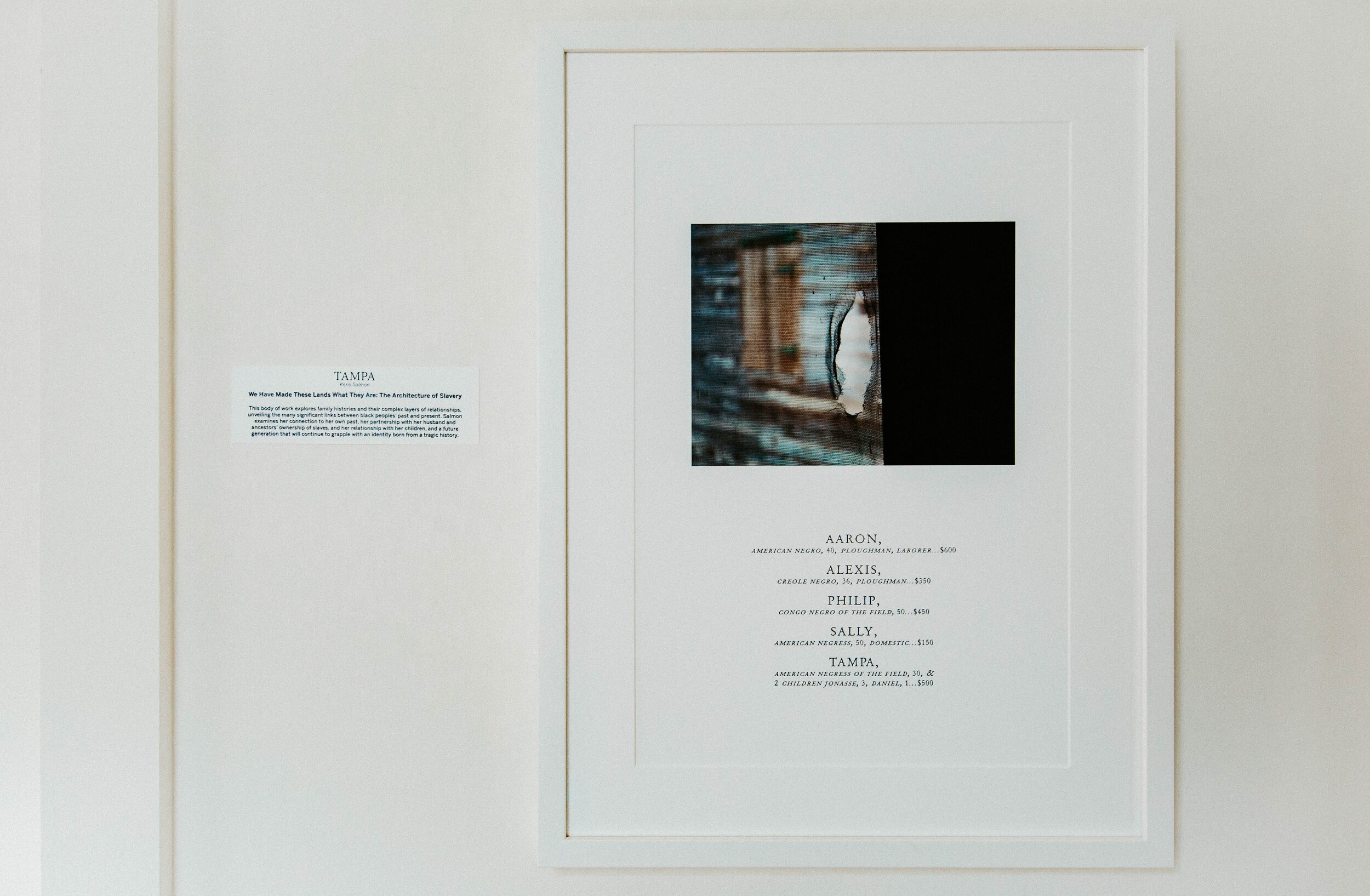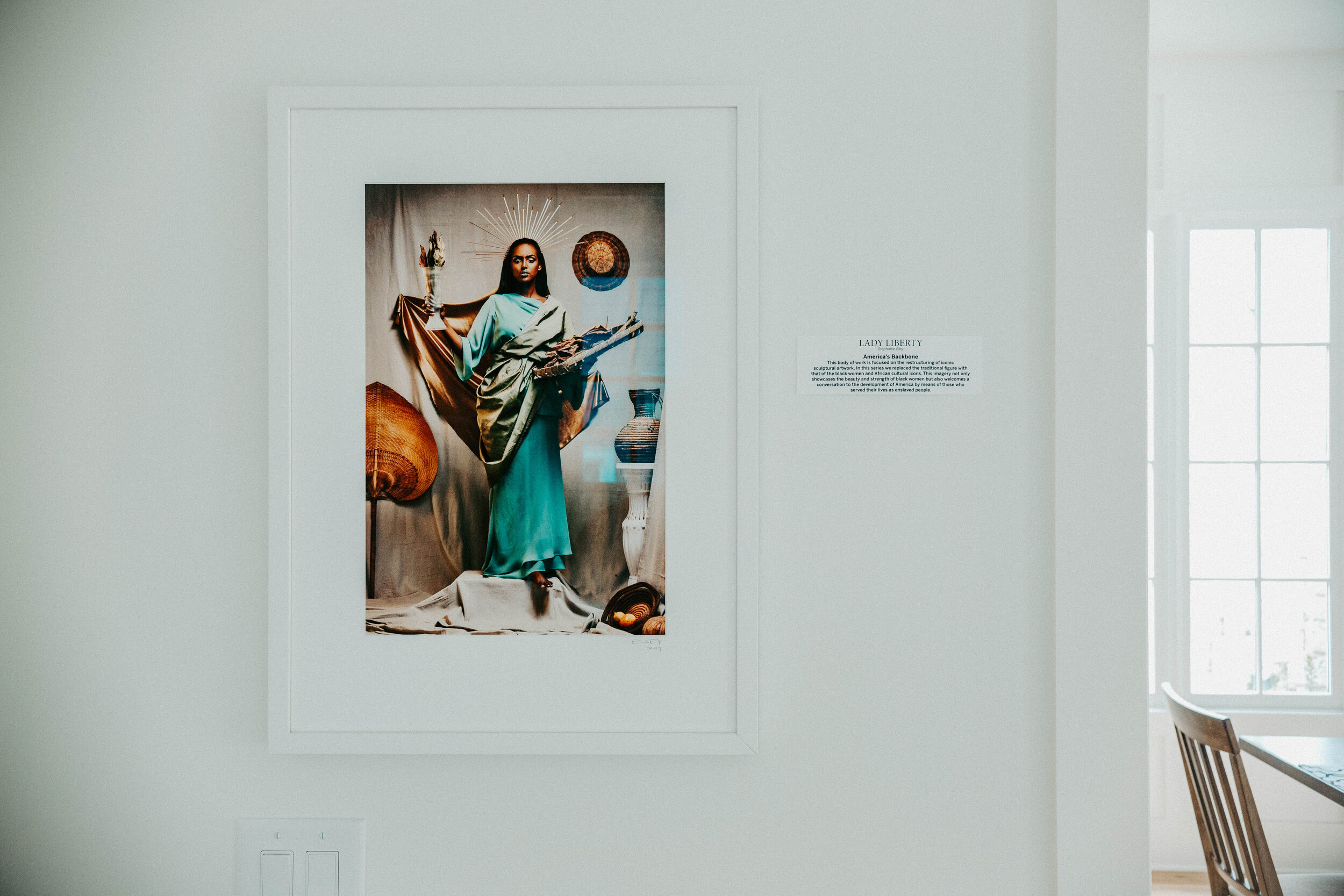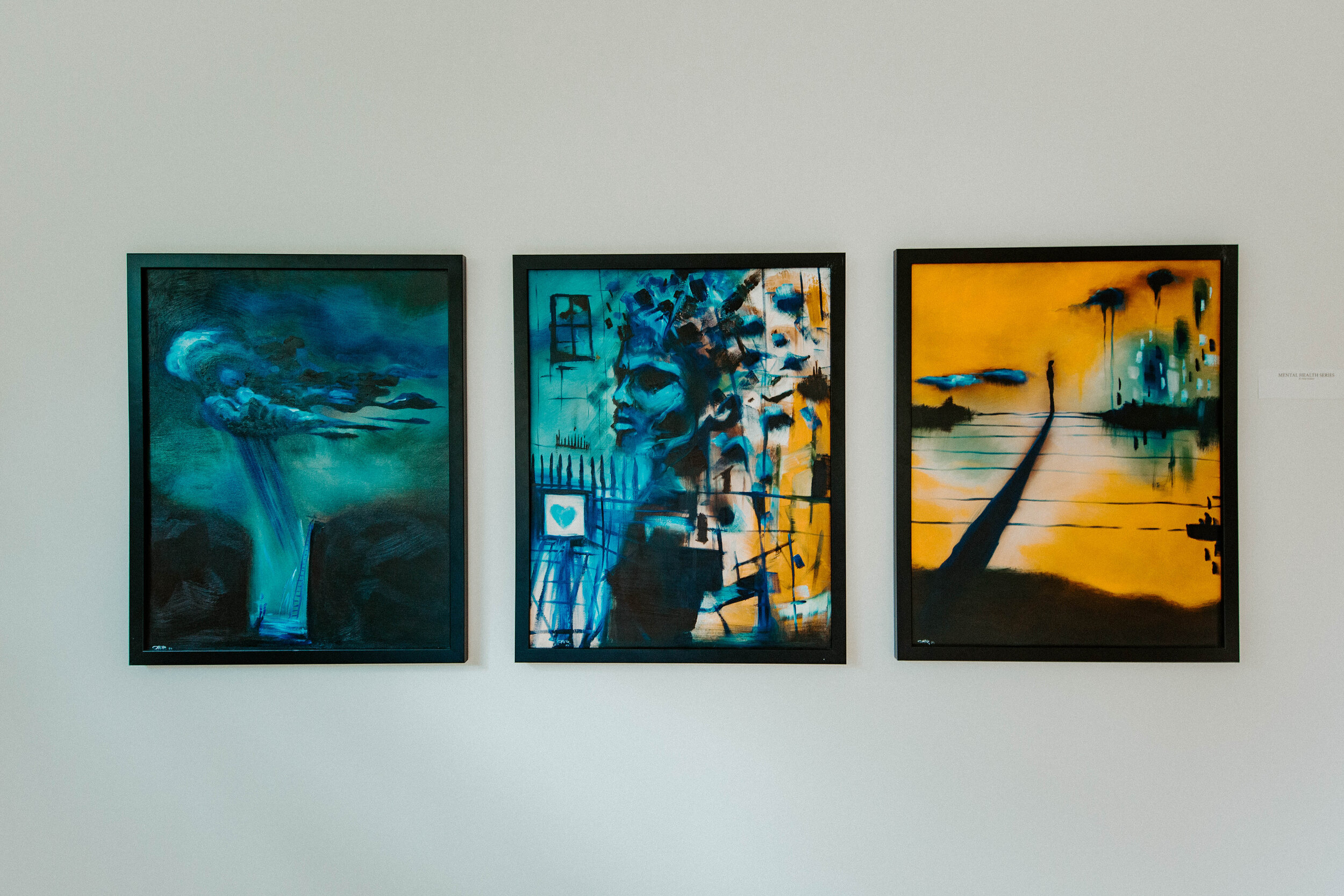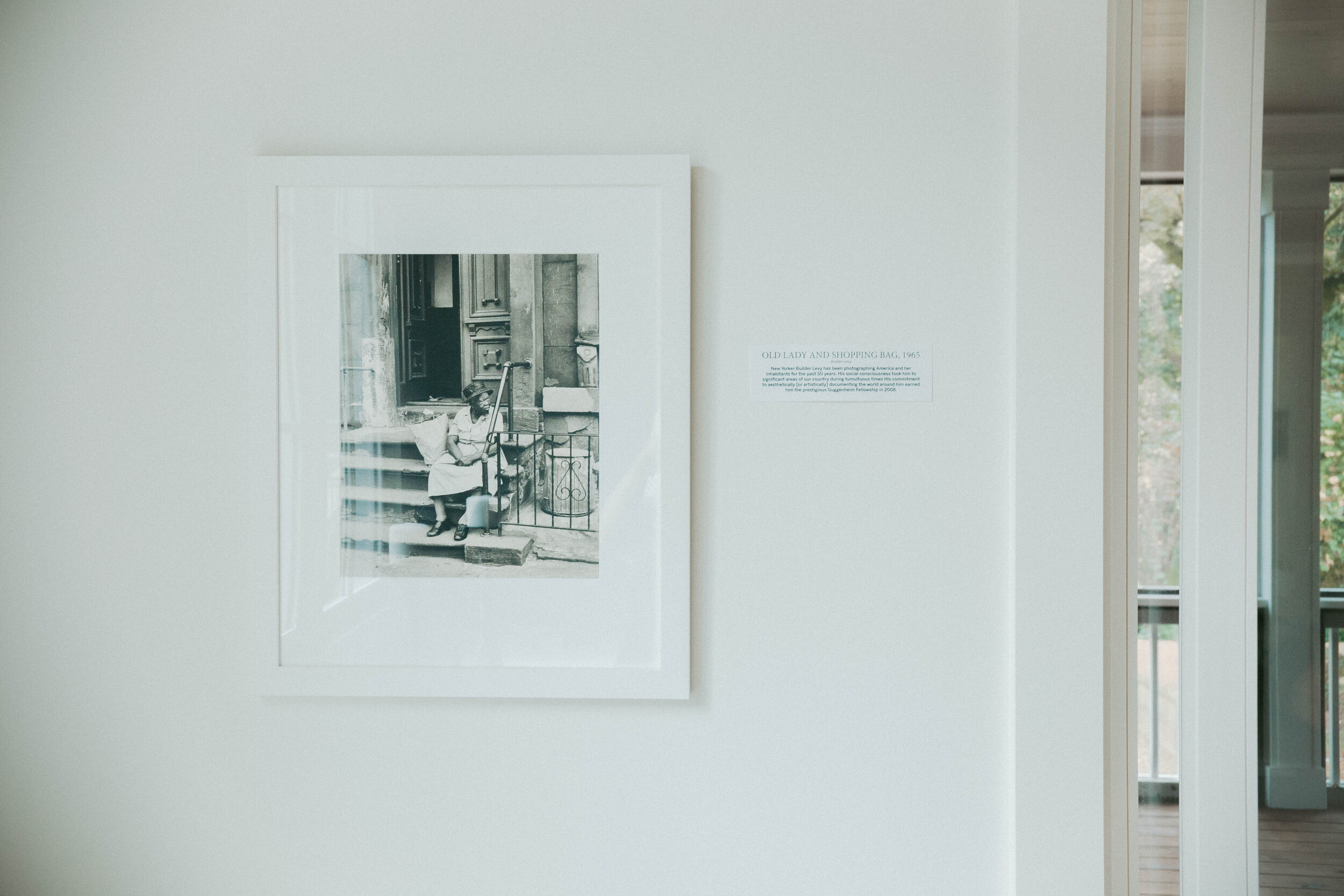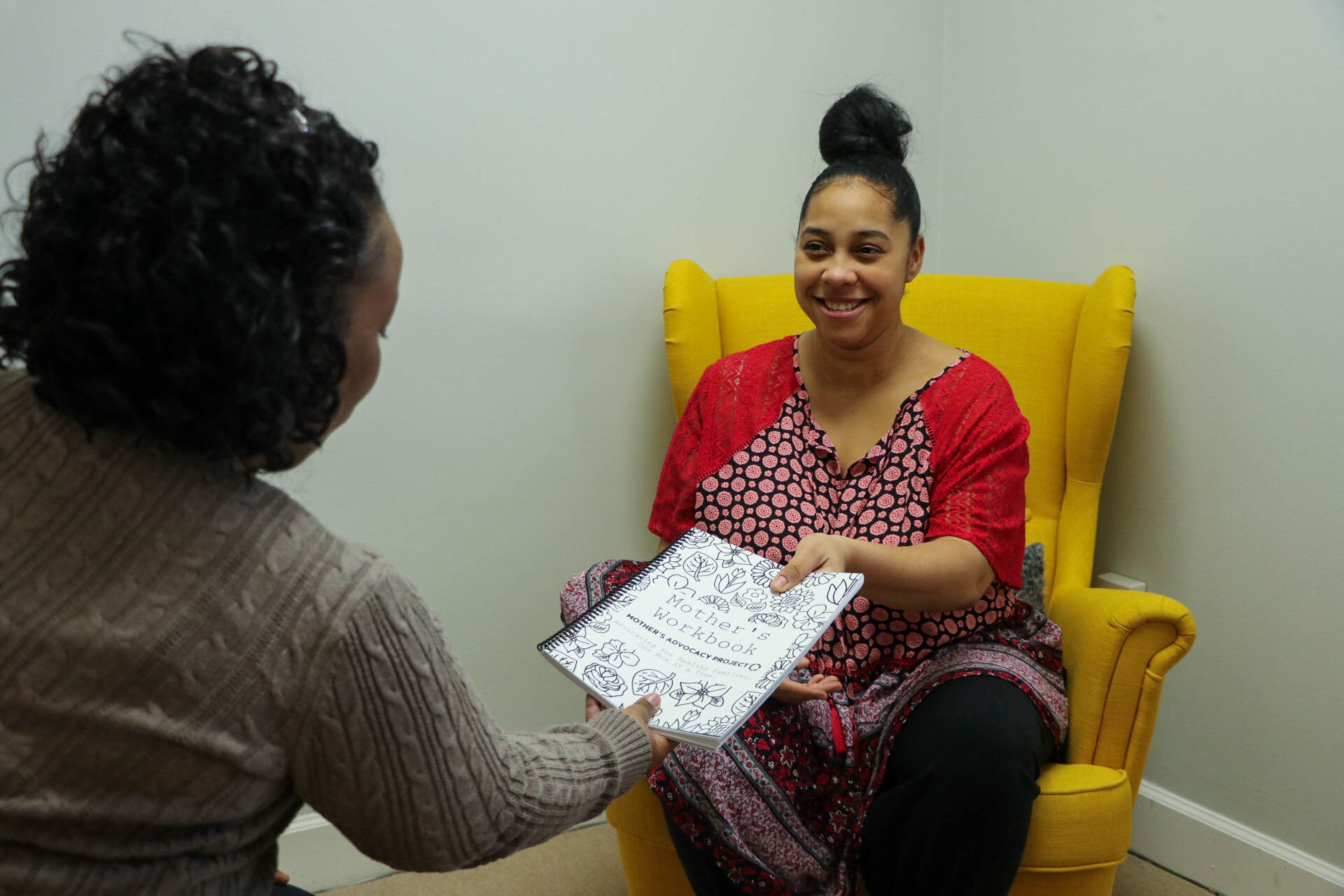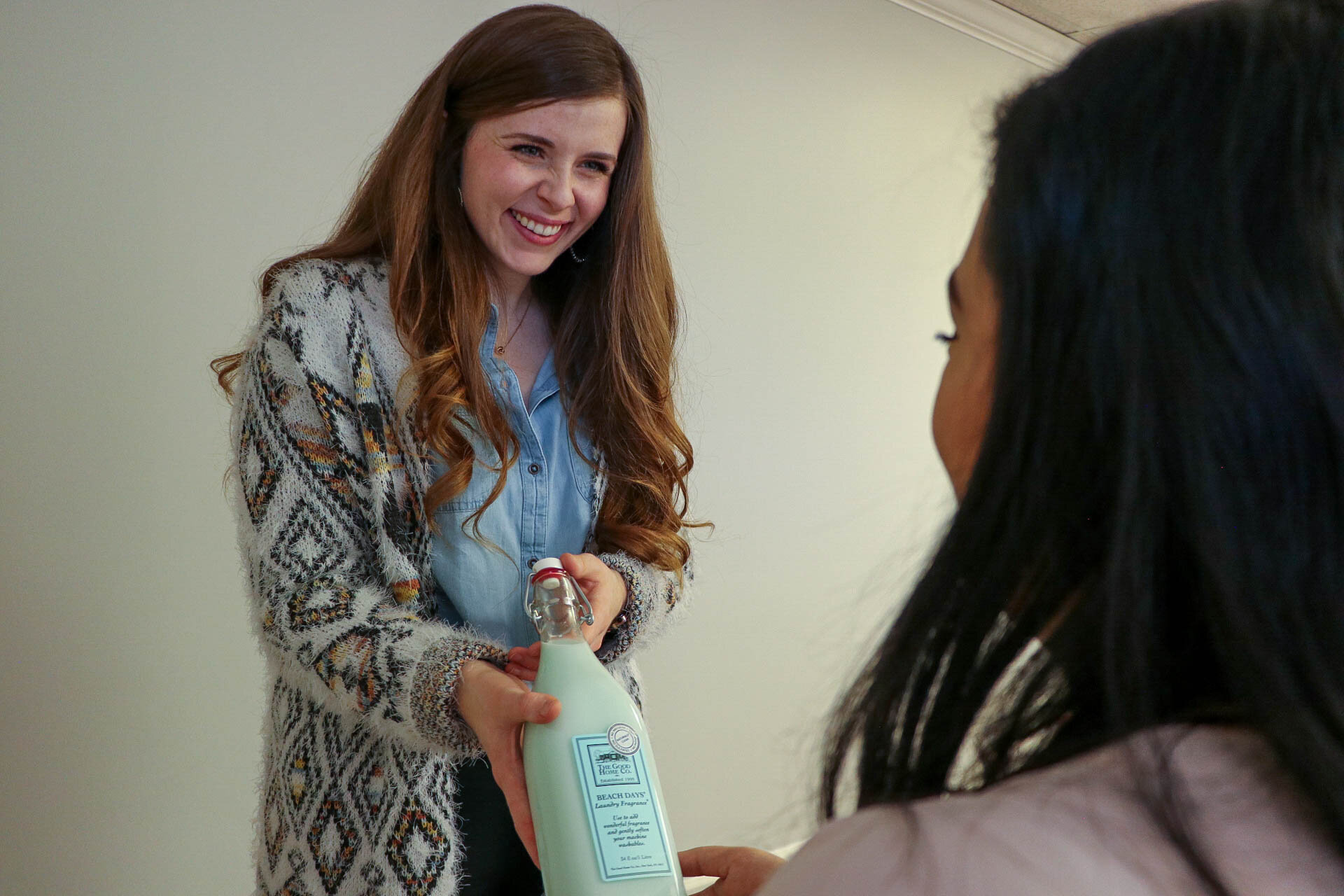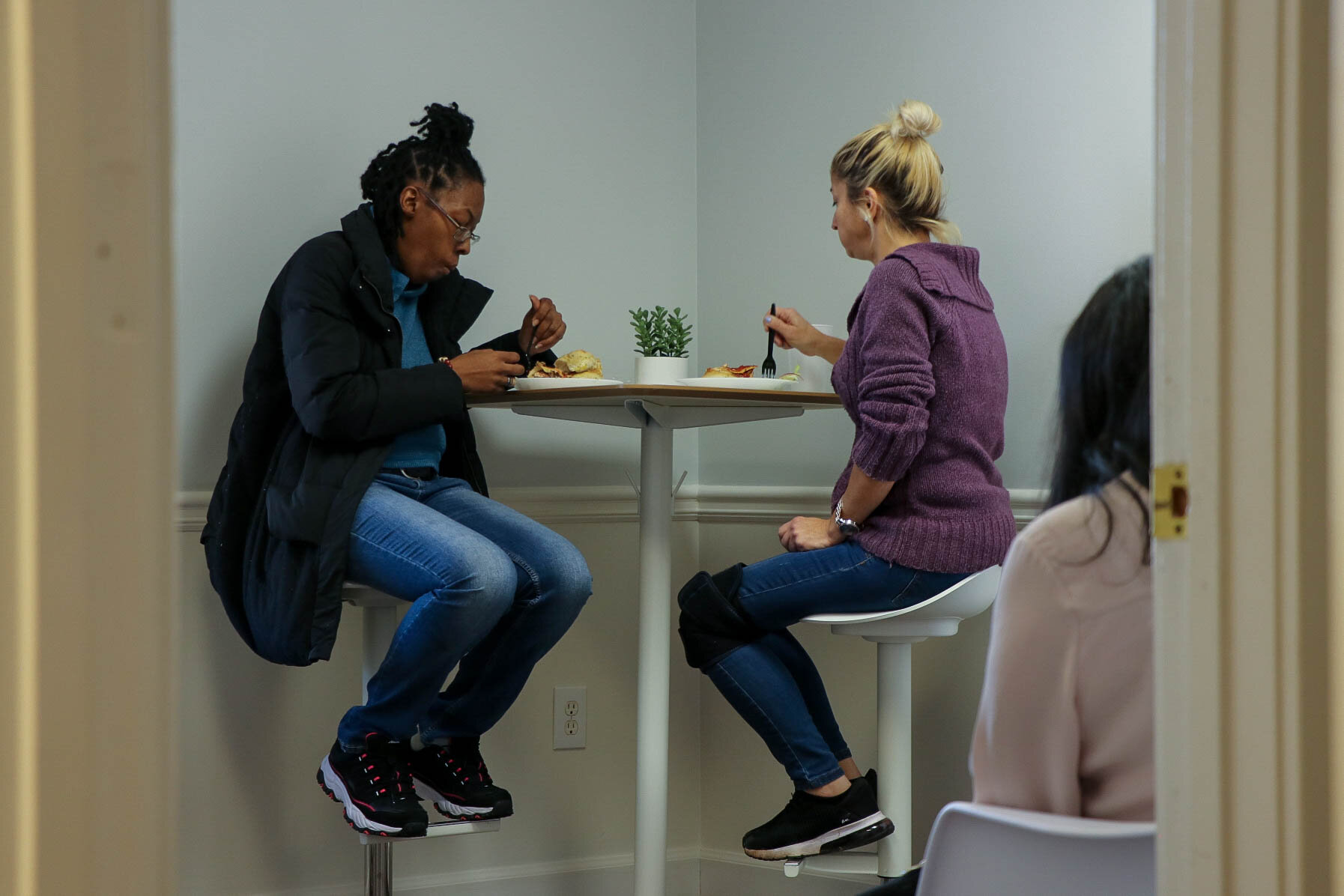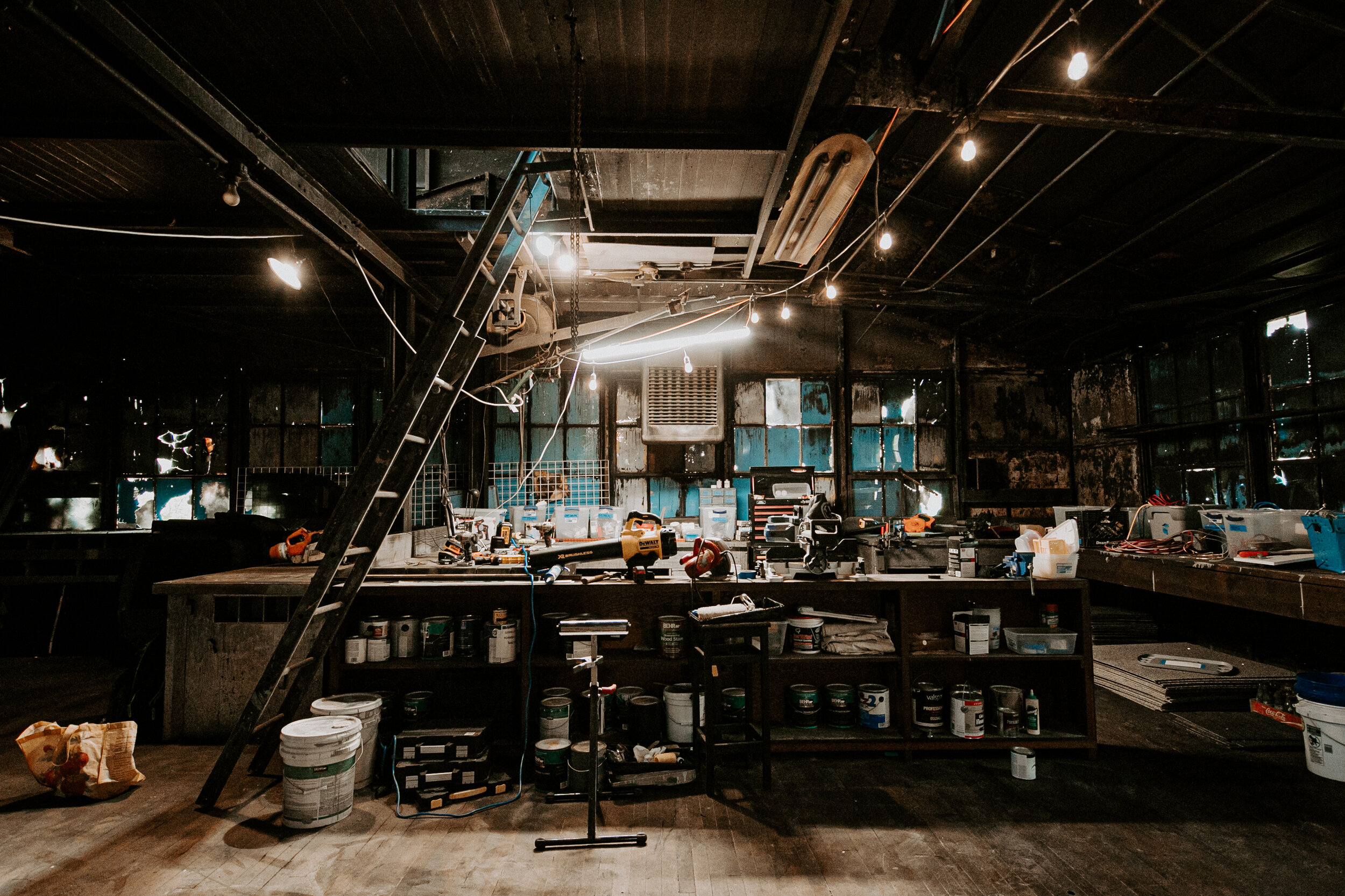
Blog
An Amplified Lens on Inequity: A Photographic Exposition
e·qual·i·ty
/əˈkwälədē/
noun
the state of being equal, especially in status, rights, and opportunities.
Equality. It is such a simple word but yet somehow it is also incredibly complex. The interpretation of its definition varies by the lens of the viewer, influenced by a lifetime of interactions & experiences that lead to variable societal presuppositions.
Societally there is a baseline expectation that when it comes to Human Rights & Justice, the definition of equality will prevail. However, in reality America’s history is littered with instances of the oppression of human rights and miscarriages of Justice that have led to a proverbial state of Inequity for Black Americans.
in·eq·ui·ty
/inˈekwədē/
noun
lack of fairness or justice.
This exhibit is a visceral photographic exposition into our nation’s history of Inequity and the pervasive adverse social & emotional impact it has had on generations of Black Americans. The works featured in this exhibit are authentic raw depictions of what it feels like to be Black in America captured through the lens of Black creatives experiencing moments in time throughout our nation’s history.
THE ARTIST
STEPHANIE ELEY
AMERICAS BACKBONE
This body of work is focused on the restructuring of iconic sculptural artwork. In this series we replaced the traditional figure with that of the black women and African cultural icons. This imagery not only showcases the beauty and strength of black women but also welcomes a conversation to the development of America by means of those who served their lives as enslaved people.
INVISIBLE TO OTHERS
What happens when sight becomes fragmented- does one who is visually impaired then have the upper hand in understanding? I challenge the notions of what it means to be impaired and question ones ability to adapt to an alternate environment. A visual impairment is not only blind, but spans across a variety of visual comprehension. By expanding the limitations of a two-dimensional medium, this work thrives off of the familiarity that sensation allows.
Sensation is knowledge, thought is visionary. Invisible to Others presents an alternative perspective, liberating the mind and redefining the unification of visual art amongst communities. It is not a feathered blur, but memory and sense.
KERIS SALMON
WE HAVE MADE THESE LANDS WHAT THEY ARE: THE ARCHITECTURE OF SLAVERY
This body of work explores family histories and their complex layers of relationships, unveiling the many significant links between black peoples’ past and present. Salmon examines her connection to her own past, her partnership with her husband and ancestors’ ownership of slaves, and her relationship with her children, and a future generation that will continue to grapple with an identity born from a tragic history.
ALLEN COOLEY
PORCH TOP LIFE
Georgia, like many of the southern states had traditions that were thick and weighed heavy in the air. One thing that could never be ignored to me was what I called, “The Porch Top Life” of the south. There was this innate desire to hold on to things, reuse them, recycle them, keep them around beyond what I felt was their lifespan.
BUILDER LEVY
New Yorker Builder Levy has been photographing America and her inhabitants for the past 50 years. His social consciousness took him to significant areas of our country during tumultuous times His commitment to aesthetically [or artistically] documenting the world around him earned him the prestigious Guggenheim Fellowship in 2008.
The works selected for this exhibit highlight Black existence in America in the 60’s, that the lack of investment in Black communities, and the struggle supporting a war in a country that doesn’t support you.
DR. OMAR HOWARD
MENTAL HEALTH SERIES
This collection of work explores what it feels like to be a Black man struggling with depression & mental health issues in America.
FOUR SISTERS
A celebration of life.
FULL GALLERY
A Conversation with The Foster Care Alliance
J.Rich Atlanta believes in elevating influential voices in our community. Today, we hear from Chelsea Sabo, Founder and Executive Director of The Foster Care Alliance!
Q&A with Chelsea
1) What exactly does Foster Care Alliance do?
The Foster Care Alliance (FCA) is a 501(c)3, non-profit organization incorporated in the state of Georgia. The Foster Care Alliance exists to advocate for healthy families, one mom at a time. We do this through trauma-informed services provided during a 1 year program called The Mother’s Advocacy Project (MAP). MAP, developed and implemented by FCA, is a mother/child trauma-focused reunification and maltreatment prevention program for families in the foster care system. FCA is currently serving families from Cobb, Dekalb, Fulton, and Gwinnett counties.
“Yes, there are policies that need to change, and strategies that are antiquated, but really, the whole perception of foster care and view of birth families is where real change can actually happen.”
2) Where did the idea for the Foster Care Alliance come from?
The idea for Foster Care Alliance came from my own experience as a foster parent. I have to admit that I got into foster care, thinking that I would help a child in need and that the best thing was to get the child far away from the family that hurt them. But, in the process, I learned a lot about the broken pieces of foster care… and my own heart as a foster parent was one of the broken pieces. Yes, there are policies that need to change, and strategies that are antiquated, but really, the whole perception of foster care and view of birth families is where real change can actually happen. I of course fell in love with the child placed in my care, who is now my son, by his family’s choice. But, I also grew to a great understanding and compassion for the journey his birth mother had walked the 20+ years of her life and the trauma that had brought her to the place she was the day her children were removed. I wanted to believe that no person was too far gone to experience real true healing and wholeness. So I began to look into trauma recovery as a strategy for breaking inter generational cycles of maltreatment and trauma.
Photo Credit: Melanie Hughes
“I knew I had to move from behind my screen and do something about it. I remember telling God, “OK. I am scared and I might fail, but I want to fix foster care or die trying.””
3) When did you know you had to start Foster Care Alliance?
Honestly, when I realized that I could complain/post on Facebook and Instagram and to friends, and it would do nothing more than selfishly soothe my soul temporarily. No matter how much I talked about it, my experiences stayed the same day after day, court date after court date. So, I knew I had to move from behind my screen and do something about it. I remember telling God, “OK. I am scared and I might fail, but I want to fix foster care or die trying.”
Photo Credit: Miranda Strong
4) What is the lasting impact that you hope to have?
I hope that our organization and those that we serve will always be described by the values that we hold: family, dignity, and generosity. I want to see birth families receive help first, and avoid children needing to come into foster care if at all possible. It surprises most people that 84% of kids in Georgia enter foster care for solvable problems. So, what if we solved them first? That means we could have significantly less children in foster care. I want to transform communities, where government agencies are a last resort.
“It surprises most people that 84% of kids in Georgia enter foster care for solvable problems.”
Photo Credit: Miranda Strong
5) What is most rewarding about the work you do?
Success of our families. In Phase 3 of our program, which is the last phase before graduation, our moms are required to serve 8hrs at Foster Care Alliance in some way. Watching them babysit, in our childcare room, the children of moms who have just started our program and caring for families in the spot they were months ago, or watching them serve DFCS case managers at an ice cream social appreciation, where the tables have turned and they are no longer afraid of DFCS, but scooping ice cream and thanking them. These are the times I start to see such amazing transformation. We are going through some rebranding and having some of our alumni moms speaking into it and helping us design the future of the organization is more than a dream. I am building this with those who have been healed by it. It is an honor to serve alongside them!
6) What excites you most about the future/potential of Atlanta?
I have always believed that Atlanta is a special city, perfectly placed with resources and southern hospitality. We have a ways to go, but the community of those wanting to see change and thriving is here. I believe that Atlanta can be an example, a lighthouse of sorts, for how we transform communities by caring for the heart and soul of people and not just the resource. It’s coming and we are excited to be part of that.
7) What are your hopes for the women that navigate the Foster Care Alliance program?
I hope that they find true healing and that they can be the catalyst for breaking cycles of poverty, abuse, and trauma in their families. I hope they can lead their children to a life of thriving and that their children can have the privilege of childhood, like their mothers never were afforded. Strong moms, raise strong children! Right?
“I hope that they find true healing and that they can be the catalyst for breaking cycles of poverty, abuse, and trauma in their families.”
Photo Credit: Miranda Strong
8) What are you most proud of?
The resilient brave moms who walk through our doors every day. My amazing staff who dedicate themselves to the thriving of these families. Our generous donors who have seen us through valleys and mountains and stuck with us joyfully. Staff, donors, and our moms are a team in healing each family… and without one, we would never see success. So I am proud of my “team.”
9) What is the spirit of the people you have to pleasure to educate and work with?
I believe that the spirit walking in is often different than who is walking out. Most mothers come in quite broken, but we see and call out their resilience and bravery, even when they don’t see it in themselves. When they walk out, we see this resilience and bravery shining bright and changing their families.
“Most mothers come in quite broken, but we see and call out their resilience and bravery, even when they don’t see it in themselves. When they walk out, we see this resilience and bravery shining bright and changing their families.”
Photo Credit: Melanie Hughes
10) In a perfect world what does the future look like for Foster Care Alliance?
In the perfect world, we would have more programs focused on all different types of caregivers! We have the “Mothers Advocacy Project” and are currently piloting the “Child Advocacy Project,” which is going well and we plan to roll out for all our families starting January 2021. We hope to work with Fathers and Kinship Caregivers as well. We want to be working with families before children are removed and being a part of healing families before children experience the trauma of removal and foster care, for the problems that we can solve. Prevention is always better, but it takes time to turn the strategy of a government agency. However, we have wonderful people in state leadership for DFCS and they are open and excited and dreaming with us about this. So, perfect world or not, it will happen… just a matter of time! :)
“We want to be working with families before children are removed and being a part of healing families before children experience the trauma of removal and foster care, for the problems that we can solve.”
10) How can people help?
There are so many ways people can help! We need specialists to do seminars on nutrition and budgeting and tutoring for children. We need people to step up and meet client needs for rental assistance, clothing, groceries, new tires, doctors bills. We need people to sponsor families for Mother’s Day and Thanksgiving and Christmas. We need people to sponsor families to go through our program, because it is free to our moms, but not free to us. We need people to volunteer for childcare or transportation services or keeping inventory in our resource closet. The list can go on and on. But, mostly, we need people to help us spread the word that Birth Moms are not criminals or heartless abusers, but real people who hold deep pain from their past with deep love for their children in their one heart!
Continue learning more about The Foster Care Alliance by visiting their website fostercarealliance.org
A Place to Tinker: The Story Bearings Bike Shop
J.Rich Atlanta believes in elevating influential voices in our community. Today, we hear from Becky O’Mara, Co-Founder of Bearings Bike Shop in Adair Park!
If you have ventured out onto The Beltline westside trail as it traverses Adair Park you have likely seen the exterior of Bearings Bike Shop directly across The Beltline from the old Farmers Market complex. While you may have seen the exterior of the building chances are you are unaware of the magic that goes inside. We took a moment to sit down and speak with Becky & Tim O’Mara the husband and wife duo behind Bearings Bike Shop, to uncover what inspired them to start the business and why they chose to call Adair Park home.
The Bearings story began with a simple gesture of neighbors helping neighbors. In 2008, Tim and I moved into Adair Park, a historic neighborhood in Southwest Atlanta. One day, 8-year-old Britney came by and asked us if we could help fix her bike. We came up with odd jobs around the yard as a way for her to earn the money to fix the bike. After she had helped around the house several times, we ended up surprising her with a new bike. Word spread and soon all the neighborhood youth wanted to know how they could earn their own bicycles.
“A concept was born: kids would be invited to earn a donated, refurbished bike by picking up trash in the neighborhood.”
Eventually an idea began to emerge: very few of these children had bikes, but all over the city many outgrown bikes were collecting dust in garages and basements. In Adair Park, residents were frustrated by the litter and dumping that tormented our streets. A concept was born: kids would be invited to earn a donated, refurbished bike by picking up trash in the neighborhood. With that, everyone won. We had stumbled into community development, finding a unique connection point to the youth in the community as well as a learning tool for teaching kids valuable life skills that go beyond the bicycle.
Out of this initial gesture grew Bearings Bike Shop. Our mission puts the right tools in the hands of youth enabling them to advance their skills to build productive lives. Today, Bearings is the largest earn-a-bike program in the city and serves over 300 students annually. Our vision is to see those that we serve take ownership of their lives with character and purpose and experience the freedom of economic mobility.
“Although the prospect of earning a bike is what draws kids to the program, the excitement of learning new skills and being part of a community keeps them returning, week after week.”
Although the prospect of earning a bike is what draws kids to the program, the excitement of learning new skills and being part of a community keeps them returning, week after week. Our signature program is an after school drop-in program where participants can earn a bike by learning how to build and fix bikes. We teach mechanical skills and kids earn points for every hour they “work”, or participate in the program. They can then use their accumulated points to “purchase” bike parts and accessories and to use the shop resources to maintain their bikes.
The environment invites staff and volunteers to build relationships with students and reinforce the character strengths that are leveraged in the bike shop environment. We also serve the community through a fully-functioning retail bike shop in which we offer full tune-up and repair services and sell quality refurbished used bikes. It’s also our primary training space for teens and young adults learning valuable employment skills in the context of a bike shop. Every summer, we employ 10 teens in our Frameworks internship program at the shop. Two to three young adults usually stay on with us through the remainder of the year, continuing to hone their mechanical skills alongside professional bike mechanics as they serve customers.
More than anything, our hope is that Bearings is a community hub where people of different ages and different backgrounds connect over the common love of bikes. We’ve seen the richness this adds to all of our lives. Often, that relationship can be the start of something beautiful.
Make sure to check out Bearings Bike Shop.
PRO TIP: They are about to open a new workshop overlooking The Beltline!
Recent Posts
Blog Archive
- November 2020
- October 2020
- September 2020
- February 2020
- January 2020
- October 2018
- August 2018
- July 2018
- May 2018
- April 2018
- November 2017
- October 2017
- September 2017
- August 2017
- July 2017
- June 2017
- May 2017
- April 2017
- March 2017
- February 2017
- January 2017
- December 2016
- November 2016
- October 2016
- September 2016
- August 2016
- July 2016
- June 2016
- May 2016
- April 2016
- March 2016
- February 2016
- January 2016
- December 2015






